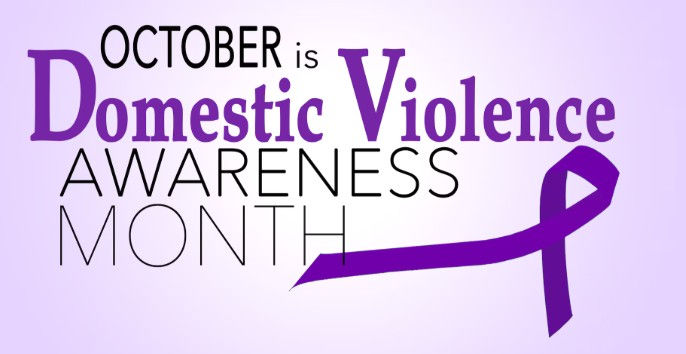Margaret Sanger: Empowering Women's Health Through Bodily Autonomy
- Kayla Myers
- Mar 18, 2025
- 2 min read

Hey Operation Flourish Fam!
As we continue our celebration of Women's History Month, we turn our attention to Margaret Sanger, a figure whose name remains synonymous with the fight for women's reproductive rights. While her legacy is complex and sometimes controversial, her impact on women's health and bodily autonomy is undeniable.
A Nurse's Vision:
Born in Corning, New York, in 1879, Margaret Sanger's journey began as a nurse in the impoverished neighborhoods of New York City. She witnessed firsthand the devastating consequences of unwanted pregnancies, unsafe abortions, and the relentless cycle of poverty that trapped women and their families. These experiences ignited a passion within her to provide women with the knowledge and tools to control their reproductive lives.
Battling Societal and Legal Barriers:
Sanger faced immense opposition. The Comstock Laws, which prohibited the dissemination of "obscene" materials, including information about contraception, posed significant legal barriers. She was arrested, her publications were seized, and she was publicly vilified. Yet, she remained steadfast in her mission, believing that women deserved the right to determine their own destinies.
Pioneering Contributions:
Margaret Sanger's contributions to women's health were groundbreaking:
Advocacy for Birth Control: She coined the term "birth control" and dedicated her life to making it accessible to women.
Establishment of Birth Control Clinics: In 1916, she opened the first birth control clinic in the United States, defying the law and facing arrest.
Founding the American Birth Control League: This organization, later renamed Planned Parenthood, became a leading advocate for reproductive rights.
Research and Development: She played a crucial role in the development of the first birth control pill, which revolutionized women's reproductive health.
Education and Information: She published extensively, disseminating information about contraception and empowering women to make informed choices.
Impact on #ChooseHealth:
Margaret Sanger's work is deeply connected to the principles of #ChooseHealth:
Promoting Bodily Autonomy: Her advocacy for birth control empowered women to take control of their reproductive health, a fundamental aspect of bodily autonomy. This autonomy is essential for overall well-being.
Improving Maternal Health: By providing access to contraception, she helped reduce the number of unwanted pregnancies and unsafe abortions, significantly improving maternal health outcomes.
Empowering Informed Choices: Her emphasis on education and information empowered women to make informed decisions about their reproductive lives, a crucial component of #ChooseHealth.
Social and Economic Well-being: Access to family planning allows families to better plan for their futures, impacting not only health but also social and economic well-being.
Health Education: Her work heavily relied on educating the public, a key component to better health.
A Complex Legacy:
It's important to acknowledge that Margaret Sanger's legacy is complex. Some of her views and associations have been criticized, and her work remains a subject of debate. However, her impact on women's reproductive health is undeniable.
Cheerfully yours,
Kayla Myers
P.S.
Discuss the importance of bodily autonomy and access to reproductive healthcare. How can we support organizations that provide these essential services?








This is such an important topic. Glad you chose to highlight someone like this!